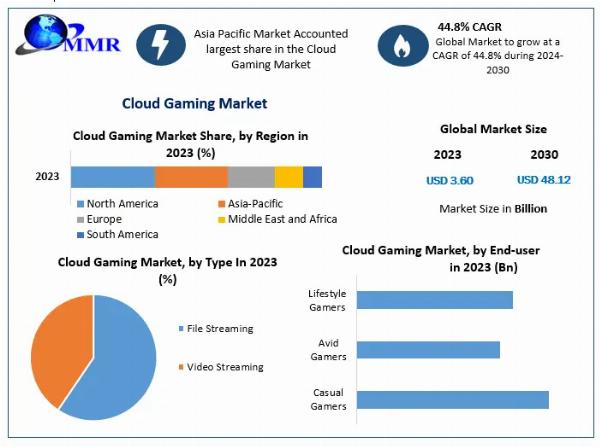SRHS partners with AccessDx for pharmacogenomics programme

Spartanburg Regional Healthcare System (SRHS) in the US has chosen AccessDx Laboratory as its partner for a pharmacogenomics (PGx) programme.
The collaboration will enable SRHS to provide PGx testing for employees and patients, helping clinicians pinpoint potentially dangerous drug-gene interactions and optimise medication efficacy.
AccessDx Laboratory focuses on health equity via analysis of rare genetic variants and can integrate lab results directly into its EHR.
AccessDx Laboratory CEO Bryon Cipriani said: “PGx testing benefits patients in all stages of their care journeys, throughout their lifetimes, and across the continuum of care.
“SRHS distinguishes itself through its embrace of precision medicine across all care disciplines, evidenced by its commitment to helping deliver discrete drug-gene insights at providers’ fingertips and supporting effective utility with educational resources and publications.”
The programme is set to educate care teams, clinical leaders, patients, and communities on AccessDx Laboratory experts’ drug-gene insight and research findings through content and training courses.
SRHS aims to use peer-reviewed strategies and guidelines for risk assessment and testing to deliver point-of-care insights.
Under this programme, patients and providers will benefit from PGx’s value in guiding specific treatments.
SRHS executive vice-president and chief operating officer Charles Morrow said: “This collaboration enables SRHS clinicians to deliver better care to those within our community and ensures local residents can benefit from impactful, precision medicine-based treatments in their own hospital/care centre, without having to travel elsewhere.”
The PGx programme will be introduced in various clinical settings, including family practice, oncology, maternal-foetal medicine, behavioural health, and paediatrics, with a goal to extend across all specialities by 2025.
SRHS implemented the 2bPrecise enterprise platform last month to enhance care and genomics integration within the healthcare system.
"SRHS partners with AccessDx for pharmacogenomics programme" was originally created and published by Hospital Management, a GlobalData owned brand.
The information on this site has been included in good faith for general informational purposes only. It is not intended to amount to advice on which you should rely, and we give no representation, warranty or guarantee, whether express or implied as to its accuracy or completeness. You must obtain professional or specialist advice before taking, or refraining from, any action on the basis of the content on our site.
SRHS's partnership with AccessDx positions them effectively in the forefront of pharmacogenomics initiatives, leveraging their expertise to enhance personalized medicine solutions and treat patient populations more precisely.
SRHS's collaboration with AccessDx for their pharmacogenomics program is a strategic move towards personalized medicine, poised to enhance patients’ outcomes through the precise application of genetics in drug therapy.
By partnering with AccessDx, SRHS consolidates its leadership in pharmacogenomics programs through the provision of personalized medicine solutions to optimize patient treatment outcomes.
SRHS's collaboration with AccessDx marks a significant stride towards advancing pharmacogenomics programs, aiming to harness the power of personalized medicine through genetic testing and drug responses.
SRHS' strategic collaboration with AccessDx to establish a pharmacogenomics program marks an innovative step towards personalized treatment and enhanced healthcare outcomes through genetic insights.
Praiseworthy collaboration: SRHS forges a strategic partnership with AccessDx to advance precision medicine through their comprehensive pharmacogenomics programme, paving the way towards more tailored treatments and improved patient outcomes.
SRHS's collaboration with AccessDx for a pharmacogenomics program marks an innovative step towards personalized medicine by harnessing the potential of genetic profiling to optimize drug responses and reduce adverse effects.














